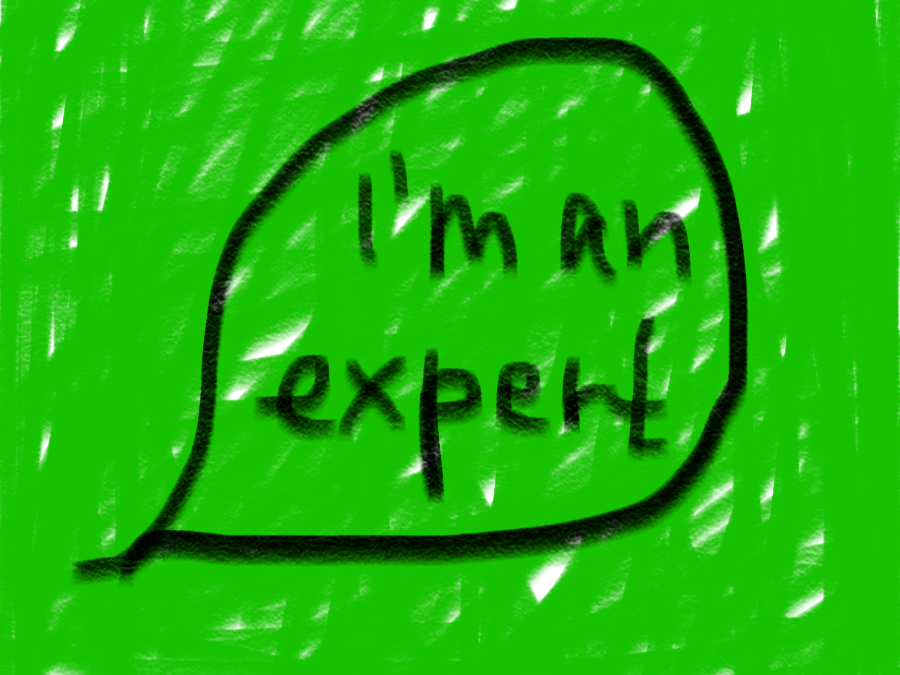When working with stakeholders who are experts in their field, I sometimes experience some anxiety when I use plain language to describe their work: Will this sound less professional? Does plain language describe the complexity and hard work behind it?
As a designer, I prefer to use the term “communication designer” instead of “graphic designer”. Why? By using the name of my major, I feel more professional and valued. Whenever I say “graphic designer”, I have the feeling people value me less and they seem to place me into the category of persons who “just make things beautiful”.
But when I use the term „communication designer“, people are baffled and don’t know what it is. I need to explain the term, and in the end, some people say: „Ah, you’re a graphic designer!“ 🙄.
While this is a funny example, there are more serious ones:
- A doctor explaining a diagnosis to her patient
- A teacher teaching a brand new topic to his students
- A designer wanting to sell her services to a potential client
- A lawyer discussing the case with his client
- A scientist explaining her significant findings to politicians
How do I feel, if my doctor, teacher, a salesperson, my lawyer or a scientist uses words I don’t understand? Would I ask each time for an explanation?
Or even worse: What happens if I think I know the meaning of a word, and later I learn something else was meant? By the way, this happened to my mother when she spoke with my brother’s social worker. Misunderstandings can lead to frustration, conflicts, the wrong treatment, self-harm, and financial disaster.
That’s why using plain language is in many cases professional. Especially, when I address a general audience. When I make myself understand I build a bridge to my audience. I win their attention and, the most important thing, I create trust.
